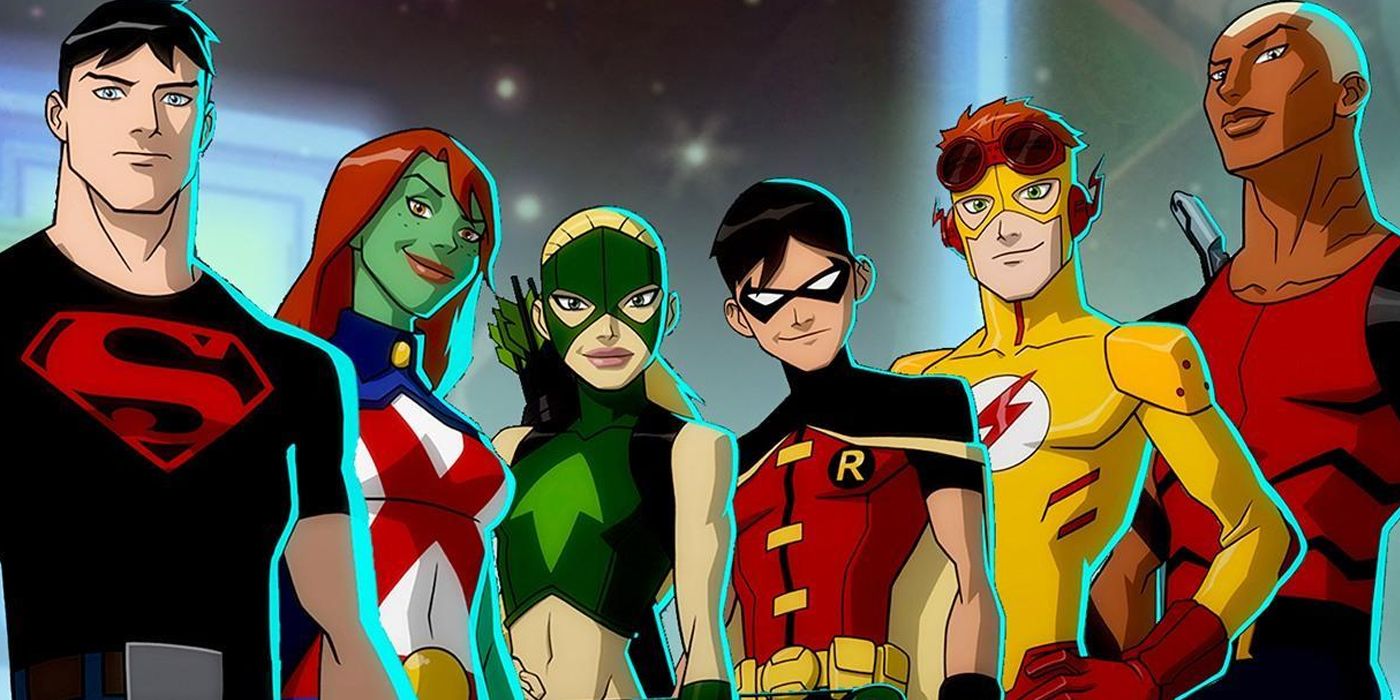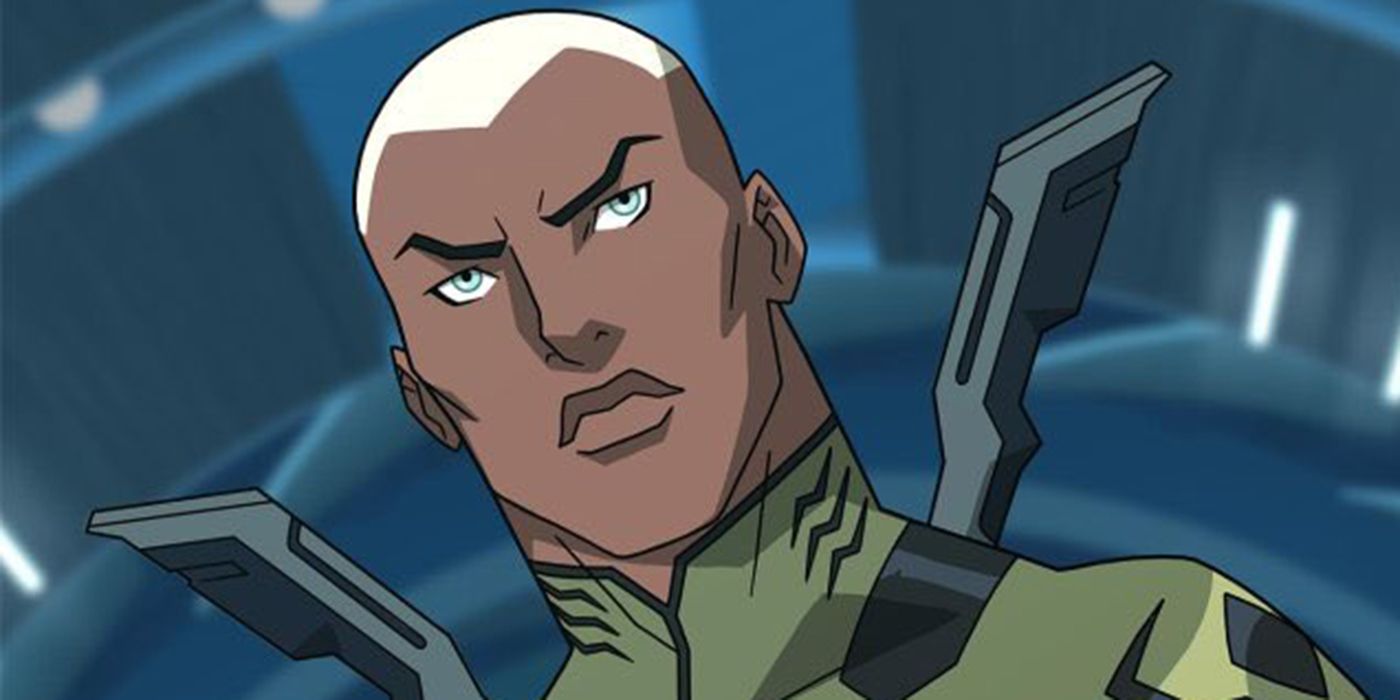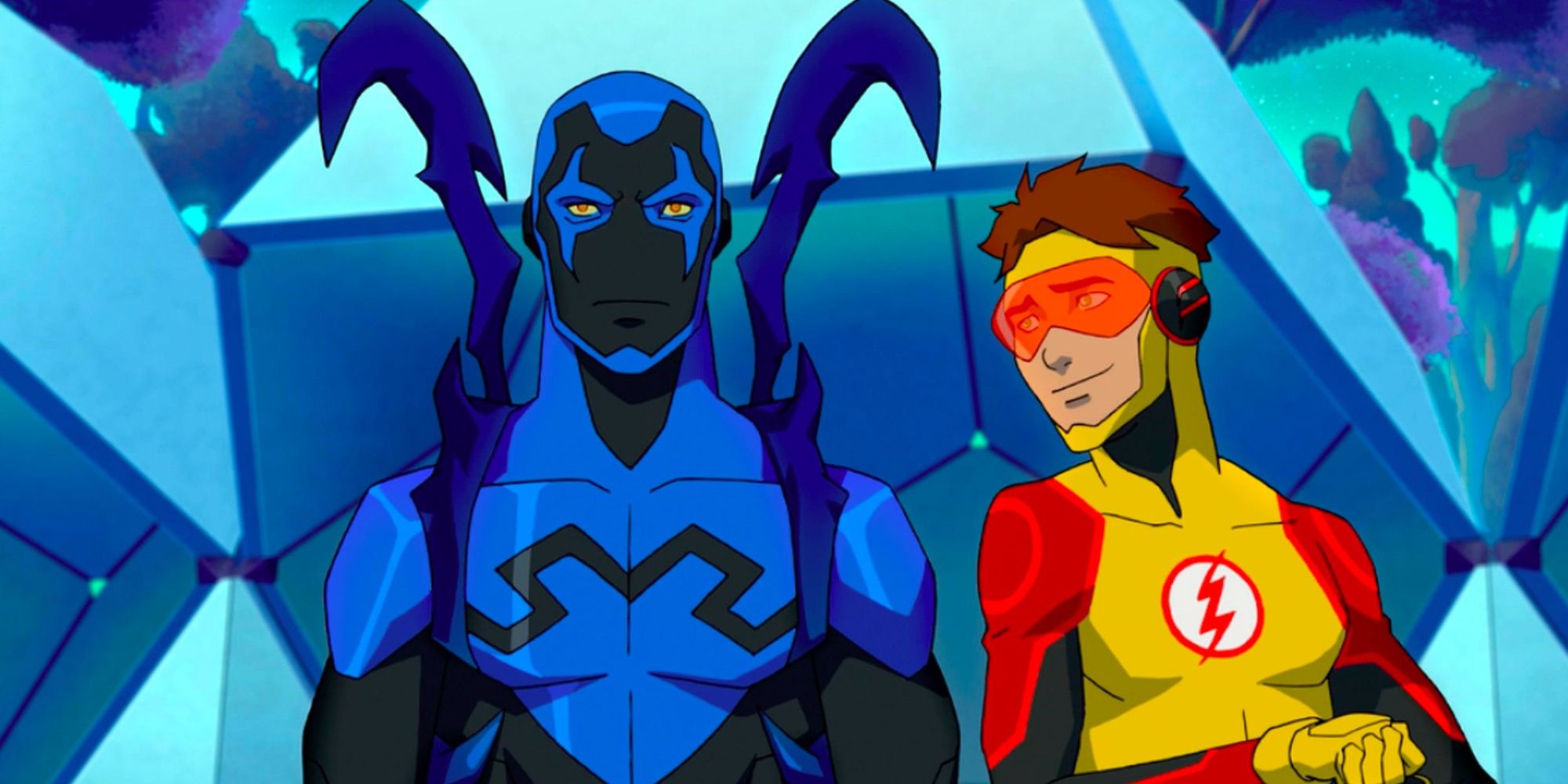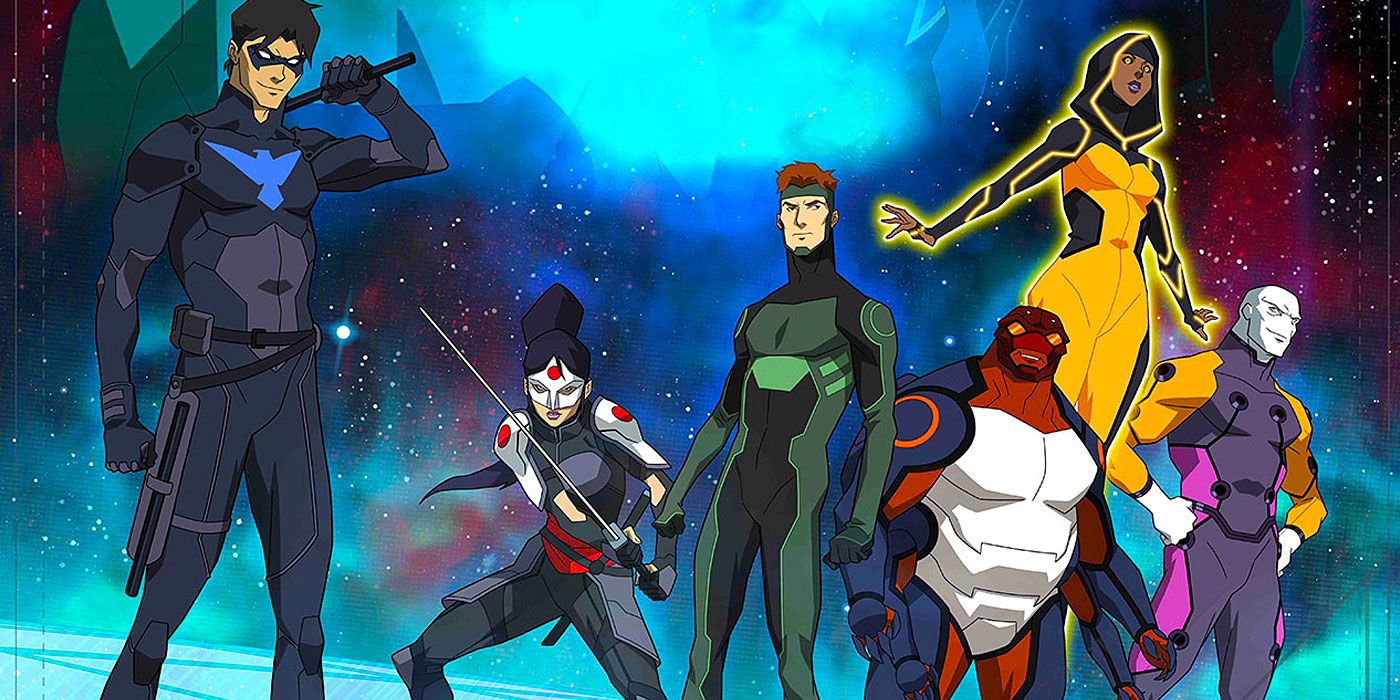Among comic book fans, Batman: The Animated Series is the Holy Grail. The untouchable. The one that stands head and shoulders above the rest. There's no disputing it's one of the best TV shows ever created, but Young Justice covertly pushed it off the top spot without anyone noticing.
No, this isn't clickbait or a controversial statement for the sake of it, it's just true. Let's say it together now: Young Justice is better than Batman: The Animated Series.
RELATED: Killing Joke May Be Part of Young Justice: Outsiders Continuity
When Young Justice was canceled in 2013 -- after just two seasons -- no one expected it. After all, its premiere episode, "Independence Day," had secured a coveted Emmy and the show was beloved among both critics and fans. In the years after its cancellation, the creators and fans campaigned for it to come back, desperately trying to figure out a way to make it happen. Fortunately, DC Universe heard our cries and the third season debuted in early January.
Six episodes in and with universal acclaim, it's safe to say that the series hasn't lost a beat. It's still as progressive as it was the first time around, with mature, satisfying storytelling at the series' heart.
Unlike Batman: The Animated Series, which kept most episodes self-contained and conclusive, Young Justice had an overarching narrative for an entire season. It transcended the typical animation storytelling style of unconnected 20-minute stories in favor of a design mostly found in network dramas. You were in for the long haul, and missing an episode meant you'd miss something important. It was bingeworthy before that even became a thing.
RELATED: Young Justice: Outsiders Debuts Two Major Batman Family Members
In terms of the actual topics and themes covered, you only need to look at the metahuman trafficking angle of Season 3 to see how ballsy the writers are. While most animated shows would rather tell lighthearted, coming-of-age stories, as they're afraid to step on too many toes, Young Justice acts as a smart metaphor of the current times. These heroes aren't high-fiving each other and making fart jokes; they're dealing with legitimate crises and clever references to the challenges we face as a society today. Heck, the show is even more serious and topical than most of the live-action Arrowverse programming.
NEXT PAGE: Young Justice Got Diversity Right From the Get-Go
While the likes of Batman and Superman are capable of selling something based on their names alone, Young Justice succeeded in elevating and making stars of lesser-known heroes and villains, often ignoring canon. Heroes such as Miss Martian and Aqualad turned into instant fan-favorites, and even forced DC into including them in comic book plans.
Sure, the Justice League lurked around in a few episodes and made the odd appearance, but the young team was solely responsible for carrying the show. What's even more impressive is how the creators embrace evolution, as they've refreshed the lineup three times, with each season introducing new characters and swapping out others.
RELATED: Young Justice: Outsiders Makes Its Canadian Debut This Weekend
There's been an active drive to address the lack of diversity and representation in the entertainment industry as of late, but Young Justice was doing so well before others. Throughout its seasons, we witnessed a wonderful mix of characters from all walks of life -- from Kaldur'ahm and Jaime Reyes to Asami Koizumi, there was a healthy and positive representation of the society we live in. Even when you consider the diversity of the voice actors, you begin to realize that this show serves as a role model and prime example of how to do representation right.
It's these progressive factors that shifted Young Justice from being a traditional "boys' show" to something that appealed to everyone. Unfortunately, it cost the series initially, as it's alleged that Cartoon Network and Mattel weren't happy that the demographic was split and the toys (which were targeted at boys) didn't sell well, so they cut the cord.
RELATED: Young Justice: Outsiders Episode Titles Spell Out An Ominous Message
If this truly was the case and reason for its cancellation, let's hope that the companies learned something from this unfortunate experience and regret their decisions. Nonetheless, the abrupt cancellation proved to be in vain, as the series lived on in the memories of fans and received its comeback in a big way, proving it was always more than a vehicle to sell toys or pander as generic entertainment.
Perhaps Young Justice's renaissance will now allow it to establish the respect and legacy it deserves among fans. After all, it's barely into its third season, so it's still a baby in the eyes of many. It doesn't need to last for as long as, say, The Simpsons, but a few more seasons -- of the same quality we've seen -- will do wonders. In fact, we might not even need to debate if it's the best DC animated series of all time in a few years.
It's evident there are many differences between Young Justice and Batman: The Animated Series. This isn't bad, though, as variety is the spice of life, but the former just had that extra edge. It pushed more boundaries and was far more ahead of its time than it had any right to be. If you're looking at like-for-like comparisons, Young Justice shares a lot in common with X-Men: The Animated Series, another show that addressed social issues and promoted diversity. The debate of which is the better show, however, is for another day.




